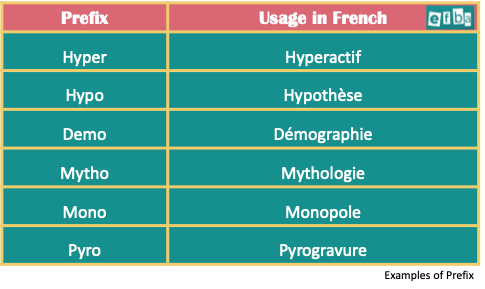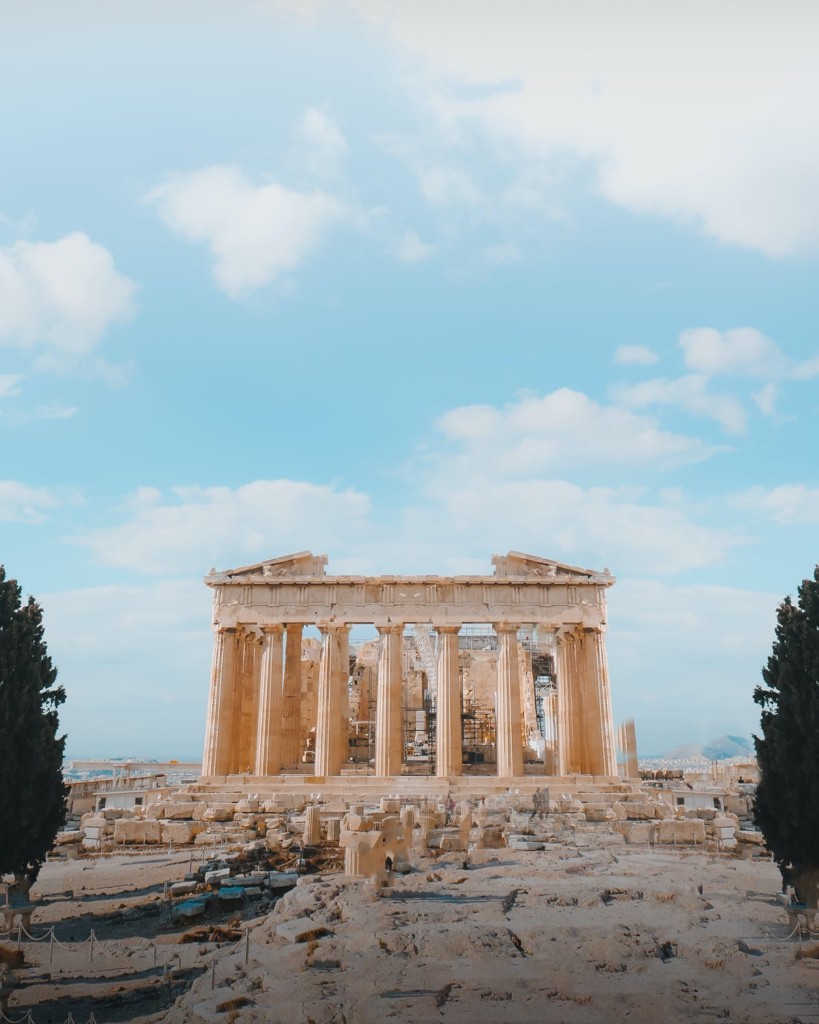Looking for a good playlist to power through back to school?
EFBA wants to take you on a journey to a paradise in Europe consisting of a mainland and an archipelago, surrounded by clear turquoise water…
Any guesses? Greece!
Unlike the previous two blog posts, where the destination countries reflected some of the largest populations of immigrants in California (Mexico and China), this time the destination matches the significance of EFBA’s most important asset: language, through its influences and power.
Since the events of the early 1920s and World War II, the presence of Greeks in the US has been the strongest in New York. Yet, with an estimated 135,000 inhabitants, California has the second-highest population of Greek Americans in the US, according to the 2016 American Community Survey.
Greek mythology has certainly made its mark around the world, even today. For example, many of us are familiar with the story of Medusa, a snake-haired woman, who turned anyone who gazed into her eyes into stone. However, there are a lot more Greek influences in our languages and lives. Greek science, technology, and mathematics influenced cultures across the globe during the Hellenistic period.
As one of the dominant languages of ancient philosophy, Greek is the basis of several languages, and French is no exception. In French, the Greek heritage can be found in several prefixes and suffixes.

How do Greeks perceive music?

The Parthenon: a former temple on the Athenian Acropolis, dedicated to the goddess Athena.
Greek is the oldest recorded living language, with written records spanning over 34 centuries. Greek remained the language of global civilization from 480 BCE to 1500 CE in both oral and written forms, with its first spoken form during the 3rd millennium BCE.
Considered as a gift from the gods, music plays an important aspect of daily Greek culture, along with poetry and dancing, and as an important element of Greek tragedy. French music and Greece have forged a long lasting relationship
Here is a list of some songs that represent the French-Greek musical connection. Starting with the Greek Cypriot singer Evridiki, famous from her participation in the Eurovision Song Contest (1992, 1994, 2007), who chose the song “Comme ci, comme ça” for her last performance. Her 1990 song “Ζητάς” (“Zitas”) was a Greek version of “Viens Viens” by Marie Laforêt, which was in turn a cover of German hit “Rain, Rain, Rain.” The single “Un ange frappe à ma porte” by Natasha St-Pier, a Francophone singer from Canada, inspired the song “Έχω Ανάγκη Να Σε Δω” (“Ékho anángi na se dho”), covered by Greek singer Rallia Christidou, who also recorded “Γιατί” (“Giati”), a Greek version of “Je sais” originally sung by Chimène Badi.
Singing in multiple languages, French-Israeli vocalist Ishtar had a couple of her original French songs covered in Greek; “Si tu ouvres tes bras” became “Υπαρχει Θεος” (“Iparhi Theos”) by Irini Merkouri and “Je n’oublie rien” in its Greek version is “Μη Μου Ζητάς Να Ξεχάσω” (“Mi Mou Zitas Na Xehaso”) by the Georgian-born singer Tamta. “Ma philosophie” by Amel Bent, which was a big hit in France in 2004, became “Δεν θα’μαι εδώ” (“De tha mai edo”) in Greek by Donna Kountouri. And once again in our musical blog posts the Canadian superstar Celine Dion, who is always inspiring international artists with her music. Her song “Pour que tu m’aimes encore” was sung in Greek by the Swedish-born Helena Paparizou, becoming “Αν εσύ μ’ αγαπάς” (“An Esi M’ Agapas”).

To wrap up this great musical journey to the birthplace of the Olympic Games, our last song “Si on n’aime qu’une fois” / “Η Λέξη Σ’ Αγαπώ” (“I Lexi S’ Agapo”) is a great celebration of two young voices and languages: Greek singer Nikos Vertis and French-Israeli singer and songwriter Amir. Listen to this song to hear come French music and Greece intertwine.
Singers: Evridiki, Marie Laforêt, Natasha St-Pier, Rallia Christidou, Chimène Badi, Ishtar, Irini Merkouri, Tamta, Amel Bent, Donna Kountouri, Celine Dion, Helena Paparizou, Nikos Vertis, Amir.

